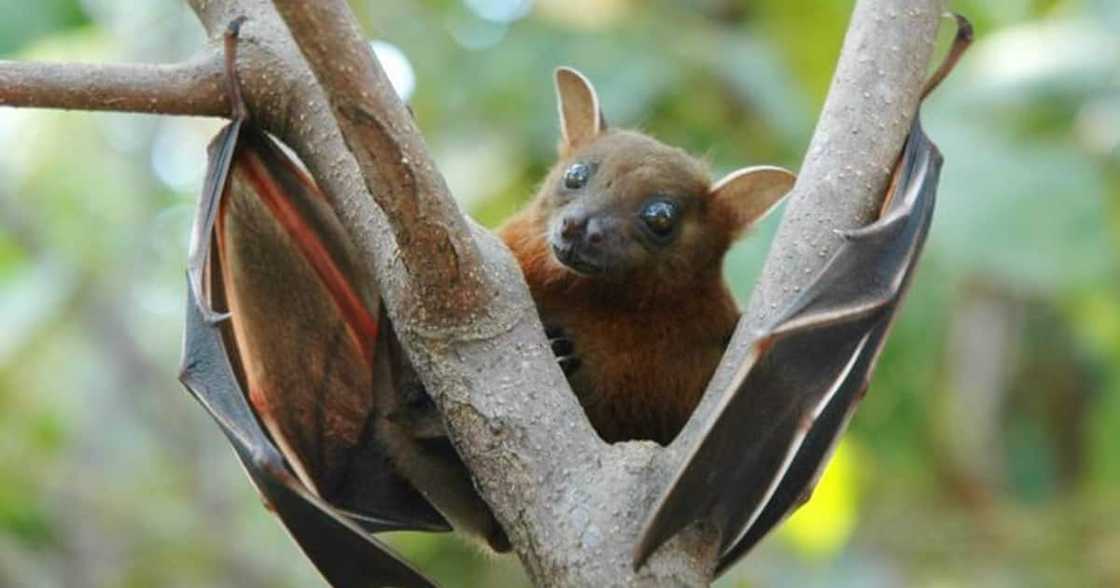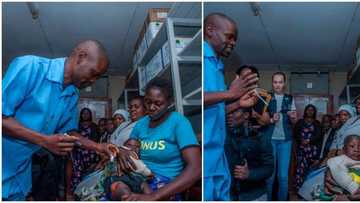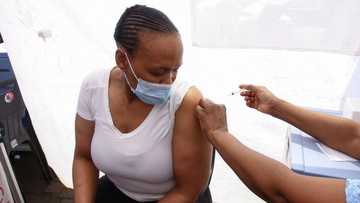Nipah Virus: India Confirms 1st Case of Bat-Borne Disease After Boy Succumbs
- Initially, scientists in India announced they had found the antibiotics for the Nipah Virus in two species of bats
- The death of a 12-year-old boy marked the first fatality of the disease in the country since 2018, when 17 people died
- Nipah Virus is a zoonotic illness that causes severe disease in both animals and humans
PAY ATTENTION: Click “See First” under the “Following” tab to see Briefly News on your News Feed!
The government of India has confirmed another case of the bat-borne Nipah Virus (NiV) following the death of a 12-year-old boy who had tested positive for the disease.

Source: UGC
Initially, scientists in the South Asian country announced they had found the antibiotics of the virus in two species of bats in the state of Maharashtra. NiV was first reported in Kozhikode district of Kerala in India on May 19, 2018 and claimed 17 lives and 18 confirmed cases as of June 1, 2018.
The virus later appeared in 2019 but was contained after the person who had contracted it survived.
Understanding the Nipah virus
Nipah Virus is a zoonotic illness that causes severe disease in both animals and humans. It was first discovered in 1998 during an outbreak in Malaysia. The death rate for the virus is 70%.
Enjoy reading our stories? Download the BRIEFLY NEWS app on Google Play now and stay up-to-date with major South African news!
The virus can be transmitted from animals, including bats or pigs, through contaminated foods and close contact with an infected person's body fluids. The virus' symptoms include fever, respiratory symptoms including cough, sore throat, aches, fatigue and encephalitis.
Unfortunately, there is no vaccine against NiV. The only available treatment is supportive cough care. The disease can be prevented by not consuming fruit that has fallen on the ground and those from trees that bats are residing in.
New Covid-19 variant
As the delta Covid-19 variant continues to ravage the world, a new variant was detected in South Africa and other seven countries in Asia and Europe. The C.1.2 strain was confirmed on Monday, August 31, by the National Institute for Communicable Diseases in South Africa.
The institute said the new variant had been detected in all provinces, but the infection rates were low.
South African researchers said they were studying it amid concerns it could deal a blow to the already developed vaccines.
Source: Briefly News



